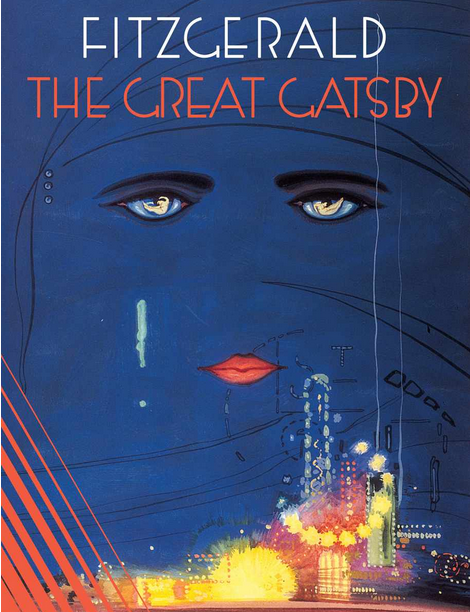Hello, faithful readers. Today marks a turn in a new direction. 🙂
I’ve found myself using this blog less and less recently. Perhaps you’ve noticed. (Or perhaps it has been so long that you’ve forgotten to notice. Sorry ’bout that.) The thing is, it hasn’t felt genuine. I thought for awhile that it was a problem with the design, so I’ve changed that time and again. But it wasn’t satisfying. I’ve puzzled over it for a long time, and the true problem didn’t really get through my head until last night at around 12:30.
This isn’t my heart anymore.
Or actually, it is my heart, but it can’t be when I put it in the wrong place. To have a book blog and a life blog has grown completely counter intuitive for me. Because books are a huge part of my life. 🙂 The Embarrassed Zebra has been fun while it’s lasted, but it has grown fundamentally backwards for me to keep it up at this point. So I’m letting it go.
Maybe someday I’ll write reviews here again. Or maybe I’ve learned better? I don’t know. For the time being, however, I’m putting my heart back into my chest with the rest of me – where it belongs. Later, folks.
– S.J. Skogerboe –
Hey, you. If you’re still wanting to read more, I write a blog called MUSE: Born of a Wandering Mind. Feel free to find me there. 🙂




